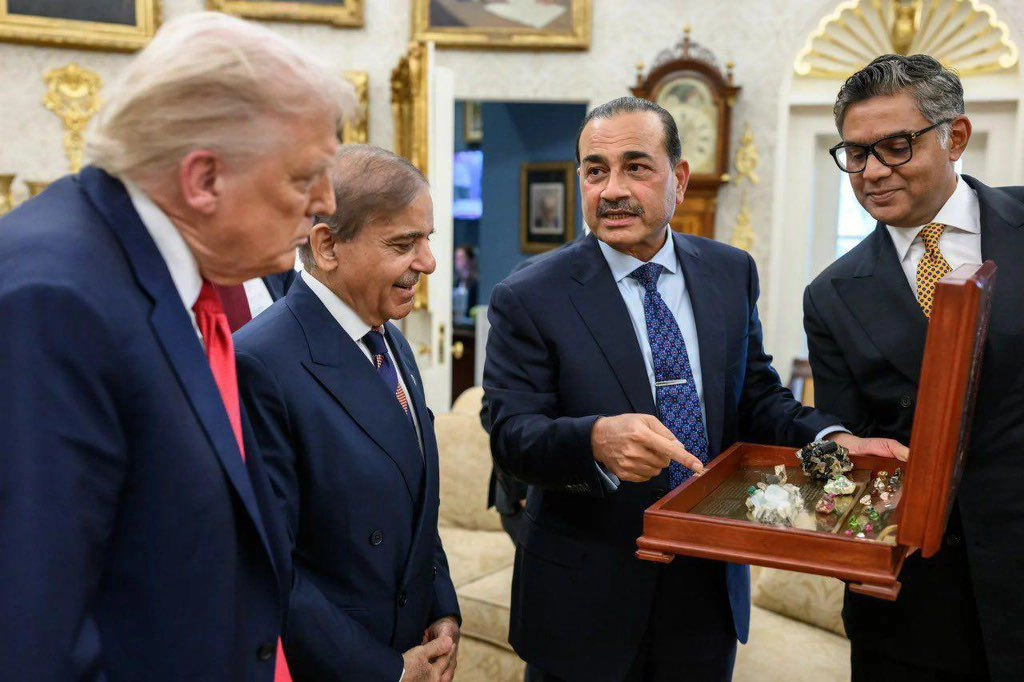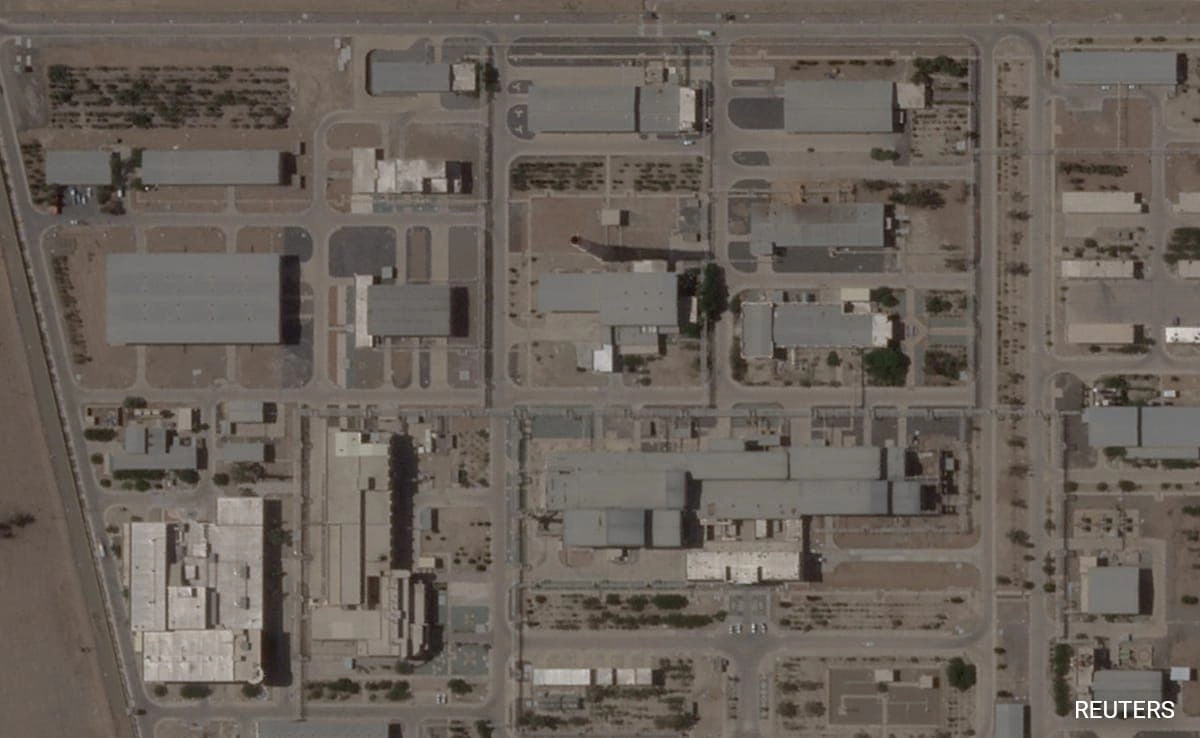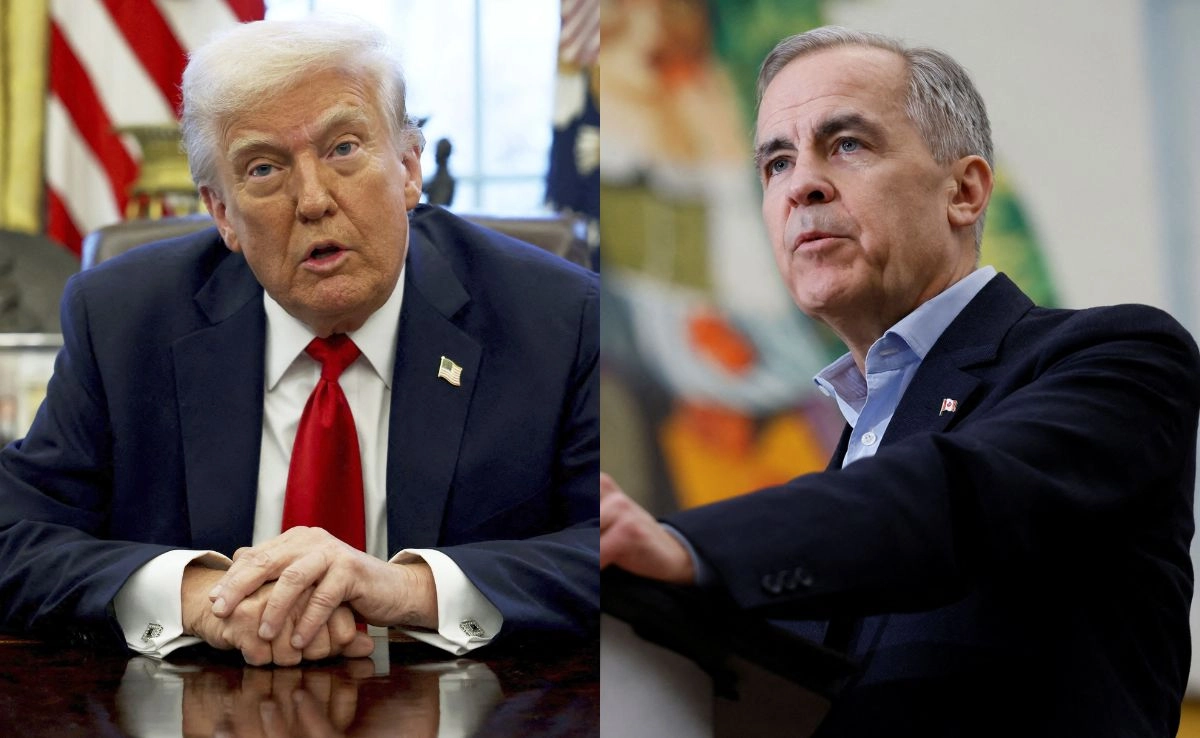During a significant diplomatic meeting at the White House, Asim Munir, the Chief of Army Staff of Pakistan, and the Prime Minister of Pakistan, engaged in discussions that highlighted the strategic importance of rare earth minerals. This encounter not only underscored the strengthening ties between Pakistan and the United States but also brought focus to the critical role that rare earth elements play in global technology and manufacturing sectors. Rare earth minerals are essential for various high-tech applications, including electronics, renewable energy technologies, and military equipment, making them a pivotal resource in today’s geopolitical landscape.
The meeting served as a platform for both leaders to explore potential collaborations in the mining and processing of these minerals, which are often dominated by a few countries. By showcasing Pakistan’s rich deposits of rare earth elements, Munir aimed to attract American investment and technological expertise to develop these resources sustainably. This initiative aligns with broader trends where nations are looking to secure their supply chains for critical materials, especially in light of geopolitical tensions and trade disputes that have characterized recent international relations.
The discussions also touched upon the future of U.S.-Pakistan relations, emphasizing mutual interests in economic development and security cooperation. By focusing on rare earth minerals, both nations could pave the way for a partnership that not only enhances economic ties but also contributes to regional stability. This meeting reflects a growing recognition of the importance of resource diplomacy, where access to vital materials can significantly influence national security and economic resilience. As Pakistan seeks to position itself as a key player in the global minerals market, the collaboration with the U.S. could serve as a catalyst for growth and innovation in the sector, ultimately benefiting both countries in the long run.




